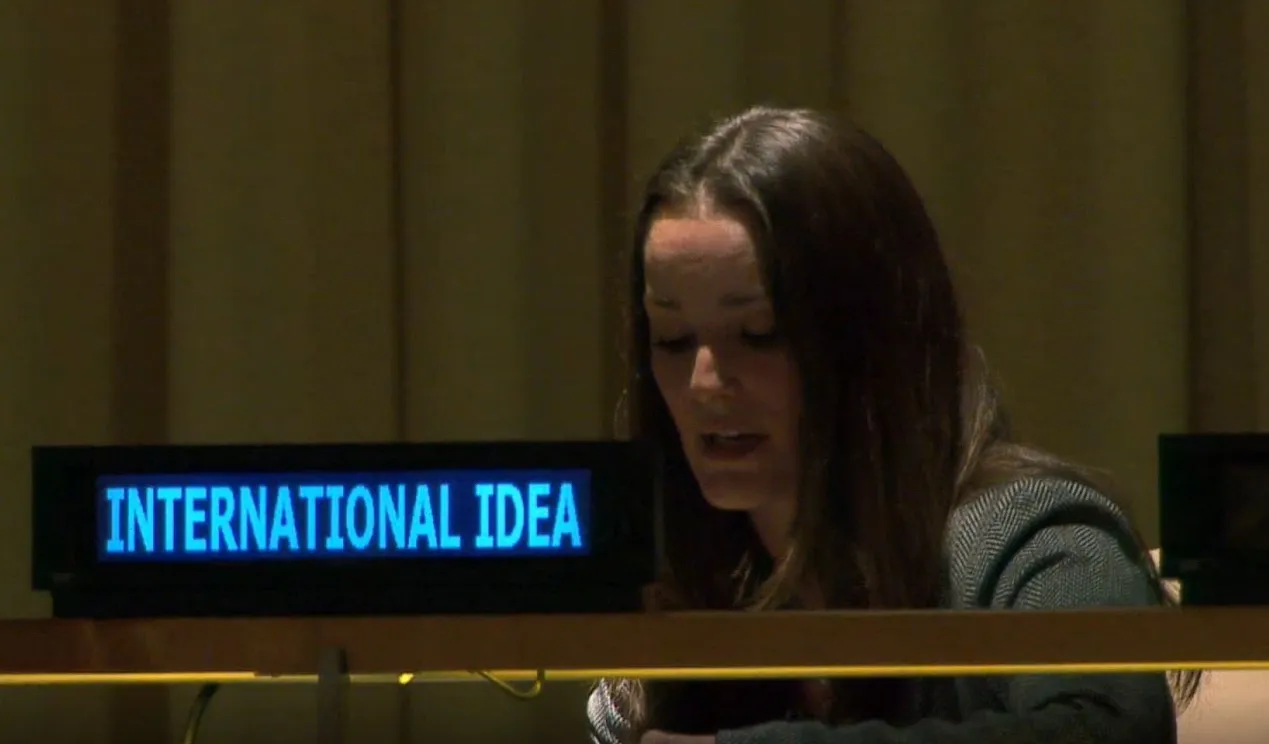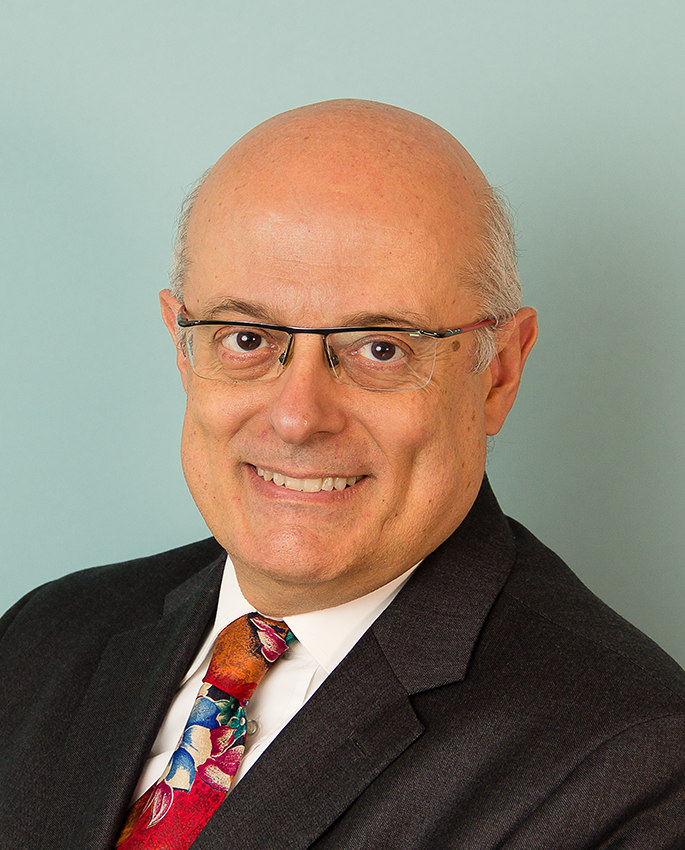"Our Common Agenda" Thematic Consultation V: Enhancing International Cooperation

Excellencies,
International IDEA considers the high-level, multi-stakeholder Summit of the Future in 2023 proposed in “Our Common Agenda” as an opportunity for reframing multilateralism and the relevance of the UN system in the face of the many challenges that have been addressed during this series of thematic consultations. The SG report proposes a set of measures aimed at making multilateralism more networked, inclusive and effective.
Firstly, we underscore that this pandemic has laid bare the dramatic shortcomings of current multilateral rules to deal with health emergencies and global crises. All multilateral institutions were put to a most stern test and have been found wanting. The damage has been of such scale–and could be much worse the next time around–that refusing to make a deliberate attempt to revamp those rules and institutions before the next calamity would be nothing short of suicidal.
We need to learn that reducing the scope for sovereignty-obsessed public responses is essential to succeed against the next pandemic or global crisis. This goes beyond the lofty and justified calls for global solidarity. This is about empowering specific global institutions and, in some cases, creating new international legal instruments to guide a coordinated multilateral response to regional/global crises. Success will run through multilateral institutions and global norms that work or we will fail again–and fail worse.
Secondly, while acknowledging that threats to the right to life trump all other rights, it is incumbent that we try to protect as widely as we can the Human Rights principles and norms that all states have signed up to. The Sustainable Development Goals (SDGs) have been conceived and couched in the language of Human Rights. So, upholding their protection as a foundational principle of global responses to future global crises is not just possible, but essential.
Thirdly, we welcome the emphasis placed by “Our Common Agenda” on promoting the UN’s role as a source of reliable data and evidence. As a “think-and-do-tank” specialized in producing policy-relevant, non-prescriptive and comparative analysis on political and institutional reforms and processes around the world, we at International IDEA attach great importance to this aspect.
For example, the experience of the 2030 Agenda for Sustainable Development shows that the quality and reliability of data are important factors for monitoring progress on the achievement of global goals like the SDGs. The UN plays an essential function in supporting national capacities for analysing those data. The UN System performs a dual role: in support of building national capacities; and as custodians of data. However, new challenges emerge in a rapidly evolving data ecosystem. We should recognize the role of new stakeholders in the generation of useful and disaggregated data for informing sound policy making and for monitoring implementation, as exemplified by the qualitative dimensions of the intersection between peace, justice and democratic governance (SDG16).
We should recognize the potential of combining official and non-official data in monitoring progress on the implementation of agreed agendas, including the variables that are oftentimes less measured despite their relevance to assess the human rights dimensions of transformational shifts.
In this perspective, the Scientific Advisory Board envisaged in paragraph 117 could support the SG in strengthening the capacity of the UN, not only to “better link knowledge centers across the system,” but also to enhance partnerships with the wide network of research institutions and think tanks engaged in this endeavour. International IDEA reaffirms its commitment to collaborating with the UN for the promotion of such partnerships with stakeholders from all regions of the world, to help Member States base future choices and analyses on solid and relevant data.
I thank you.
*The delivery of the statement can be watched on International IDEA's YouTube Channel
